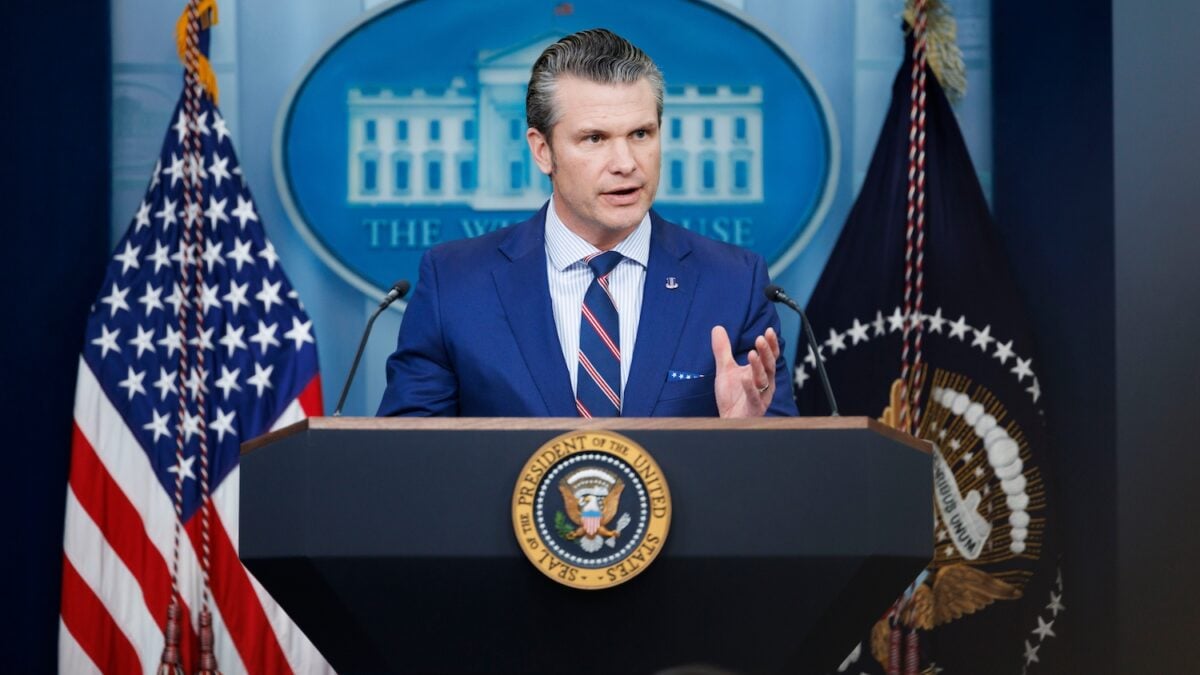Kras99 Adobestock_296043415
Generix has launched Generix Resource Management Systems (RMS), a new application fueled by AI which optimizes all the resources of the warehouse through forecasts, planning and intelligent analyzes, all in a single environment.
“In a world dominated by unpredictability, we know that the stakes are too high and that the supply chains are too complex to simply rely on calculation sheets for planning and managing all warehouse resources,” explains Si-Mohamed Saïd, product manager and marketing director, Generix. “The new generix Rms The unique ability to bring together intelligent forecasts and planning at any warehouse. With Rms Powered by AI, warehouse managers can now go from “What If” to “Come” faster than ever “.
The main dishes to remember:
· The new SaaS application can easily integrate into existing warehouse management systems, transforming warehouse and HR data into more precise and usable plans.
- It provides intelligent forecasts and planning by applying an AI integrated into all WMS and HR data, allowing companies to provide intelligent forecasts, plans that assess potential constraints and help predict workloads, all in a single experience.
- It also optimally manages all work, tasks and resources. Generix Rms Works between locations and is part of any WMS, allowing more efficient management of all resources. This includes everything, from people to equipment and machines, maximization of productivity, use and commitment of employees.










